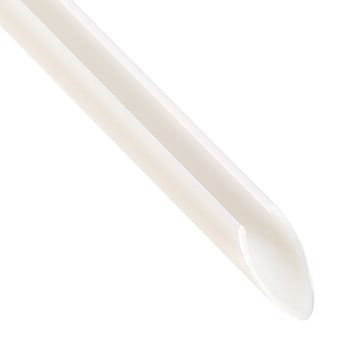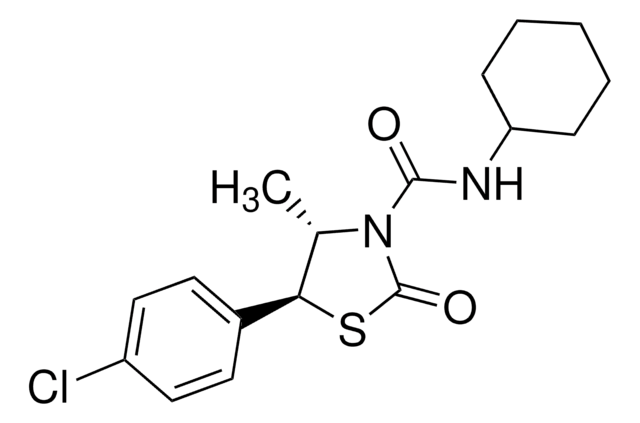MABF2658
Anti-TIGIT Antibody, clone 4D4
About This Item
Produits recommandés
Source biologique
hamster
Niveau de qualité
Conjugué
unconjugated
Forme d'anticorps
purified antibody
Type de produit anticorps
primary antibodies
Clone
4D4, monoclonal
Poids mol.
calculated mol wt 26.96 kDa
observed mol wt ~50 kDa
Produit purifié par
using protein G
Espèces réactives
mouse
Conditionnement
antibody small pack of 100 μL
Technique(s)
ELISA: suitable
flow cytometry: suitable
inhibition assay: suitable
western blot: suitable
Isotype
IgG
Séquence de l'épitope
Unknown
Numéro d'accès Protein ID
Numéro d'accès UniProt
Conditions d'expédition
dry ice
Modification post-traductionnelle de la cible
unmodified
Informations sur le gène
mouse ... Tigit(100043314)
Description générale
Spécificité
Immunogène
Application
Evaluated by Western Blotting with recombinant mouse TIGIT-Fc chimera protein.
Western Blotting Analysis (WB): A 1:500 dilution of this antibody detected recombinant mouse Fc-His-tagged TIGIT chimera protein.
Tested Applications
ELISA Analysis: A representative lot detected TIGIT in ELISA applications (Joller, N., et al. (2011). J Immunol. 186(3):1338-42).
ELISA Analysis: Various dilutions from a representative lot detected Fc-His-tagged TIGIT chimera protein .
Flow Cytometry Analysis: A representative lot detected TIGIT in Flow Cytometry applications (Joller, N., et al. (2011). J Immunol. 186(3):1338-42).
Agonist Action: A representative lot of this antibody reduced proliferation of T cells stimulated with Anti-CD3/Anti-CD28 beads in vitro. (Dixon, K.O., et al. (2018). J Immunol. 200(8):3000-3007).
Inhibition Assay: A representative lot of this antibody fully blocked CD155 binding to TIGIT. (Dixon, K.O., et al. (2018). J Immunol. 200(8):3000-3007).
Note: Actual optimal working dilutions must be determined by end user as specimens, and experimental conditions may vary with the end user
Forme physique
Stockage et stabilité
Autres remarques
Clause de non-responsabilité
Vous ne trouvez pas le bon produit ?
Essayez notre Outil de sélection de produits.
Code de la classe de stockage
12 - Non Combustible Liquids
Classe de danger pour l'eau (WGK)
WGK 2
Point d'éclair (°F)
Not applicable
Point d'éclair (°C)
Not applicable
Certificats d'analyse (COA)
Recherchez un Certificats d'analyse (COA) en saisissant le numéro de lot du produit. Les numéros de lot figurent sur l'étiquette du produit après les mots "Lot" ou "Batch".
Déjà en possession de ce produit ?
Retrouvez la documentation relative aux produits que vous avez récemment achetés dans la Bibliothèque de documents.
Notre équipe de scientifiques dispose d'une expérience dans tous les secteurs de la recherche, notamment en sciences de la vie, science des matériaux, synthèse chimique, chromatographie, analyse et dans de nombreux autres domaines..
Contacter notre Service technique







